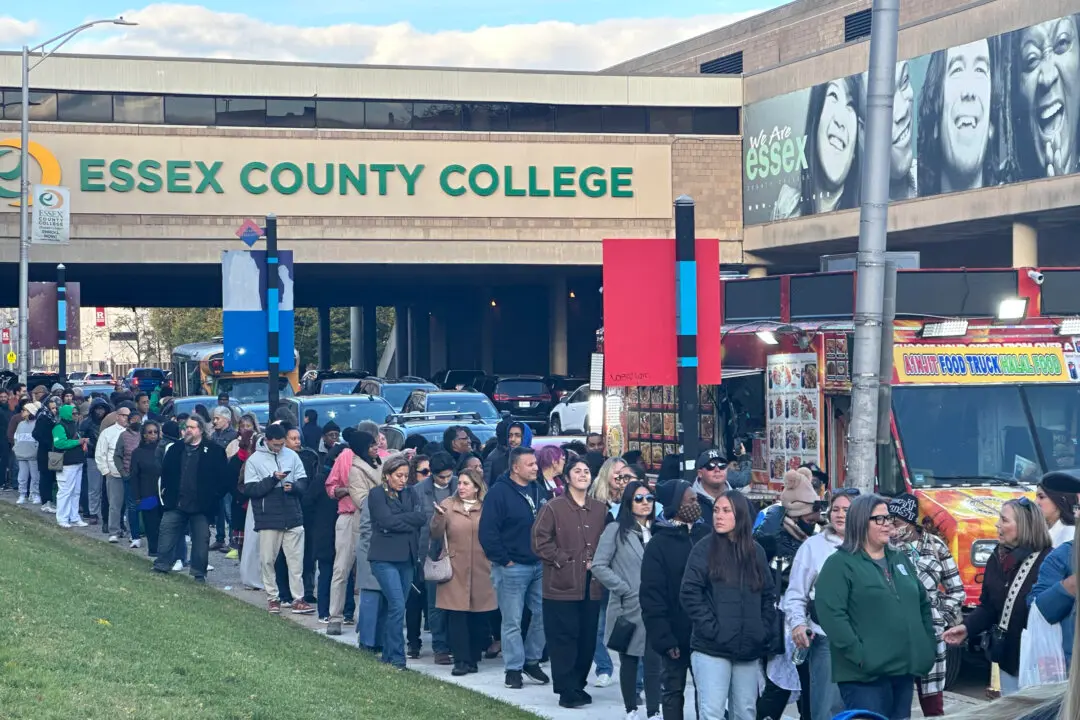Financial experts are increasingly concerned about studies showing that young adults in the United States are falling behind in savings at an alarming rate. Some organizations are working to promote financial literacy and encourage better saving habits.
The latest survey by financial services company Empower found that more than 21 percent of Americans lack emergency savings—funds set aside for unexpected expenses such as medical bills, job loss, or other financial emergencies.





